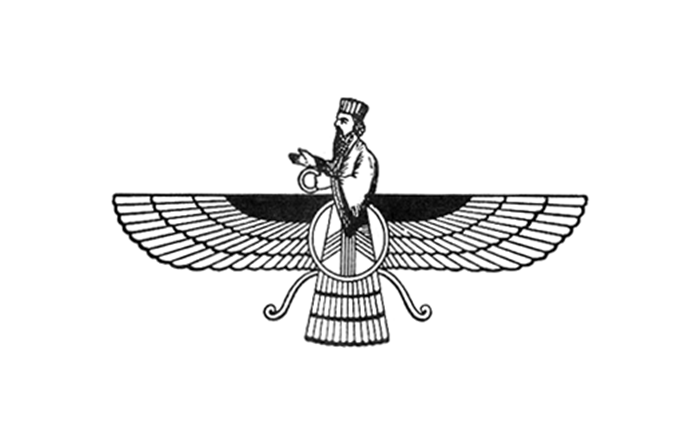So yeah! Today I am very happy to share that there does actually exist a religion in which it is one’s duty to experience the pleasures in life (at least that’s my interpretation of the doctrine which personally I feel is a pretty tight reading). I’m not sure what officially needs to be done to sign up but I reckon it could make for some very interesting “but I need to do this is for my religious beliefs” arguments at work.
Introducing…. Zoroastrianism!
On a random meander through Wikipedia I came across Zoroastrianism. Interestingly, it is one of the world’s oldest religions that still remains active. Its roots (according to my good friend Wikipedia) date back to the 2nd millennium BC which means it’s so old it is rooted back to the Middle to the Late Bronze Age & predates Christianity, Islam and Judaism. Amazing to think it is still an active religion. There are now an estimated 190,000 Zoroastrians in the world.
Back to this duty to pleasure..
Zoroastrianism has an interesting concept which I had never thought of before: the idea of a duty to experience the whole of life, including life’s pleasures. Zoroastrians believe that it is the duty of a soul to not flee from the experiences of life, whether they be painful or pleasure-ful.
In Zoroastrianism avoidance of pleasure is considered “a shirking of the responsibility and duty to oneself”.
And asceticism [abstinence from sensual pleasures] is frowned upon.
I quite like the idea of some pious guy in a big holy hat frowning down upon me for not taking the last chocolate from the box. That might just be the kind of religion that I could get on board with.

But beyond eating more chocolate, I like the idea that a spiritual teaching would encourage us fear affected humans to go out and participate in life. To not run from all this experience of living has to offer, but to open to the opportunity to learn from it.
“In later Zoroastrianism, this was explained as fleeing from the experiences of life, which was the very purpose that the urvan (most commonly translated as the “soul”) was sent into the mortal world to collect. The avoidance of any aspect of life, which includes the avoidance of the pleasures of life, is a shirking of the responsibility and duty to oneself, one’s urvan, and one’s family and social obligations.” – Wikipedia
I like that idea.
A soul’s duty to surrender to the fullness of life
Much of what I have been learning about recently has been around learning to “sit with” difficult feelings and not avoid them. And to practice radical acceptance of those. To surrender. It was a novel concept to me to consider that this radical acceptance too may apply to positive experiences. Some food for thought when I reflect on how open I am at any one time to the goodness that life is sending me. And how open I am to the love that is here in this moment…
And on the flip-side, awareness of my preconceived bias to spirituality as an ascetic kind of approach to life…which I am going to conveniently proportion a chunk of to my Catholic Irish roots (!)… but in the present, it is food for thought, or awareness rather.
Converting…
Interestingly in 2015, there were reports of up to 100,000 converts in Iraqi Kurdistan. Fascinating interesting article on a woman’s conversion to Zoroastrianism here.
I may be checking this one out later: The Basics of Zoroastrianism from LearnReligions.com
And some definitions of “asceticism”
Merriam-Webster definition of asceticism: 1 : the practice of strict self-denial as a measure of personal and especially spiritual discipline : the condition, practice, or mode of life of an ascetic : rigorous abstention from self-indulgence.
Asceticism (/əˈsɛtɪsɪzəm/; from the Greek: ἄσκησις áskesis, “exercise, training”) is a lifestyle characterized by abstinence from sensual pleasures, often for the purpose of pursuing spiritual goals. Wikipedia

